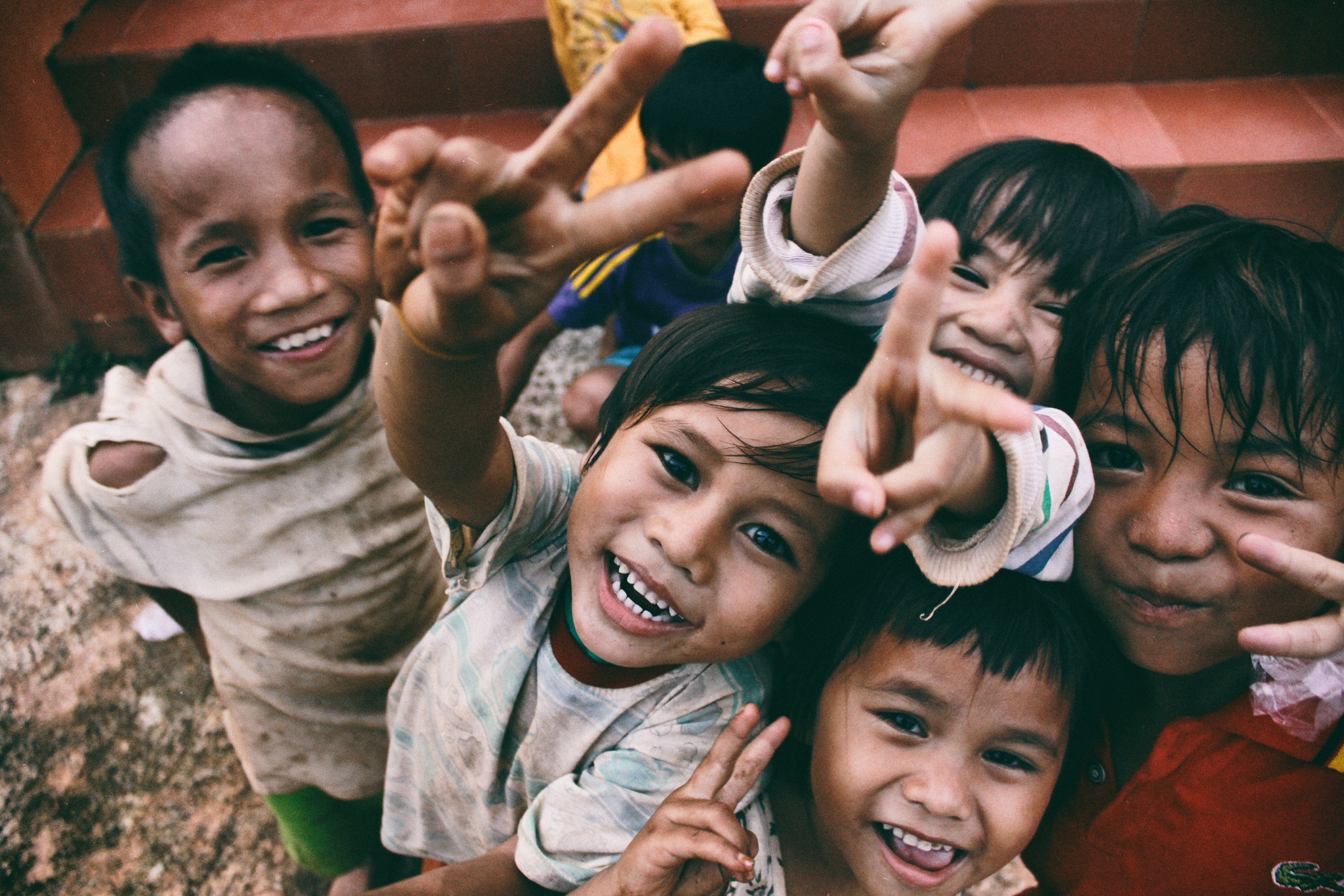A condensed history of ISS-USA
For almost 100 years, ISS-USA has helped to reunite families separated by borders. Our early history addressed the needs of women traveling alone or with children from Europe to the Americas following World War I. During World War II, ISS-USA helped protect children sent to the U.S. from Germany and other occupied countries. Post Korean and Vietnam wars, ISS-USA collaborated with our global network to find homes for Vietnamese, Korean, Greek children, as well as others, through intercountry adoption tapering off in the 1970s. Today, ISS-USA continues to provide cross border social services to:
- Enable U.S. state child protection agencies to search for, assess and place children with their families/kin overseas;
- Support U.S. citizens repatriating to the U.S. from other countries due to destitution, mental illness, and humanitarian crises;
- Reunite children separated from families during immigration to or from United States and
- Assist adult adoptees seeking to find and connect with biological family.
One of the pervasive themes throughout our history is that cultural Identity is very important to ALL people who are currently or who have been separated from their families for some or all of their lives. Numerous academic research projects, using ISS-USA’s files at University of Minnesota Social Welfare Archives underscore this. However, through research on past practice and our experiences with current practice, we have learned that the current tools available to help children separated from their families and their cultures are NOT accessible to all.
During the month of October, we will explore what cultural identity means to people who have experience with child welfare systems including Native American and indigenous children of other countries and intercountry adoptees. Using social media, we will share information that compares what various legislation says about cultural identity when placing a child. We will include resources, tools, and gaps in child welfare systems and create space for people’s personal views and experiences.
Week one will provide perspectives on legal frameworks. Week two will explore a large gap that ISS-USA, and other members of our ISS network have uncovered in the way in which foster care systems address cross border families. The final two weeks will explore the importance of adoptees’ access to personal records and adoptees relationships with one another, with their foster families, first families and communities of origin as foundations to support their lifelong exploration of cultural identity.
We invite you to follow our posts, share your thoughts, visit our website and continue to join with us in our commitment to ensure that children have access to their cultures, their families, and their communities.
About the Author

Julie Rosicky is the chief executive officer of ISS-USA, a national organization, based in Baltimore, MD that is part of a global network that works to reunite children and families separated by international borders. Prior to leading ISS-USA, Julie worked in domestic child advocacy, alternative dispute resolution, and providing social services to refugees and Native Americans. Julie has a BS from the University of Colorado, and a MS from the University of OR, in Developmental Psychology. In her free time she rows, travels across the U.S. and globe with her husband and their adult sons and spends time locally with her parents and elderly dog.
